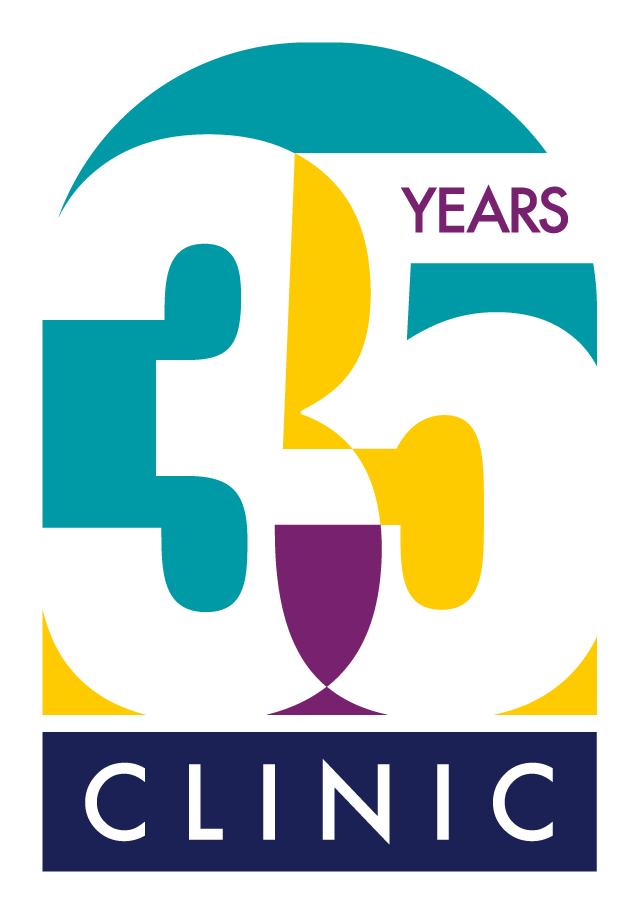Responding to Policy Changes
CLINIC provides resources and training to help immigration legal services navigate the ever-changing landscape of immigration policy.

In 2023, the Biden administration made some significant changes to immigration policy – including creating and expanding legal pathways to migration in the wake of record numbers of arrivals to the southern border and ongoing humanitarian crises around the world.
When these changes in policy are announced, staff working in immigration legal services around the country need to figure out how to serve clients affected by them. The clients come to them for help, and often, the staff turn to CLINIC for answers and training. This year, CLINIC worked hard to tailor its advocacy, resources, and trainings to help network responding in real time as these changes were implemented.
In January 2023, the Biden administration announced a new humanitarian parole initiative, called the CHNV program, through which certain nationals of Cuba, Haiti, Nicaragua, and Venezuela could apply to enter the United States temporarily through sponsorship from a qualified individual already living in the United States.
“CHNV was modeled after Uniting for Ukraine, a parole program which was developed in response to the outbreak of war in Ukraine in 2022,” explains Ilissa Mira, senior attorney at CLINIC. The four countries included in the program are all experiencing severe economic and social crises which have led to high numbers of migrants trying to enter the United States, often through the southern border. The program was an effort to create safe and lawful pathways for migration for those fleeing desperate circumstances.
“When the CHNV program launched, we were getting a lot of questions from Affiliates who were trying to help their clients file applications,” says Mira. “This process was entirely new, particularly in that all filing had to be done online.” Mira explains that, in response, CLINIC’s legal experts completed extensive updating of our resources on parole to help Affiliates navigate this, as well as responded to questions through trainings and our Ask the Experts portal.
“In addition to our parole resources, we also did extensive updating of our resources on Temporary Protected Status, in response to Biden administration policy changes,” Mira says.
TPS is another temporary immigration status given to certain foreign nationals living in the United States whose countries of origin are undergoing severe crisis, preventing them from returning home. It allows them to continue to live and work legally in the United States for a set period of time. “We wanted to ensure our Affiliate partners had the information they needed to assist clients applying for TPS or renewing their status,” Mira explains.
In 2023, CLINIC’s Advocacy team worked on various campaigns to help extend or renew the TPS designations for certain countries in crisis, including Democratic Republic of Congo, Afghanistan, and South Sudan, which were eventually redesignated by the Biden administration in 2023.
“Gaining TPS can save the lives of people living in the United States who fear returning to their countries,” says Pedro Alemán Perfecto, a CLINIC policy advocate. “I am proud of the work we did to help extend or redesignate TPS in 2023.”
“These new and expanded programs are promising, but many migrants are still left out of them,” says Karen Sullivan, director of Advocacy, regarding the new humanitarian parole programs and TPS. “We continue to advocate for further expansion of safe and lawful pathways for migration for those vulnerable migrants who still lack options for legal entry, and for high quality legal assistance for all immigrants in the United States.”
